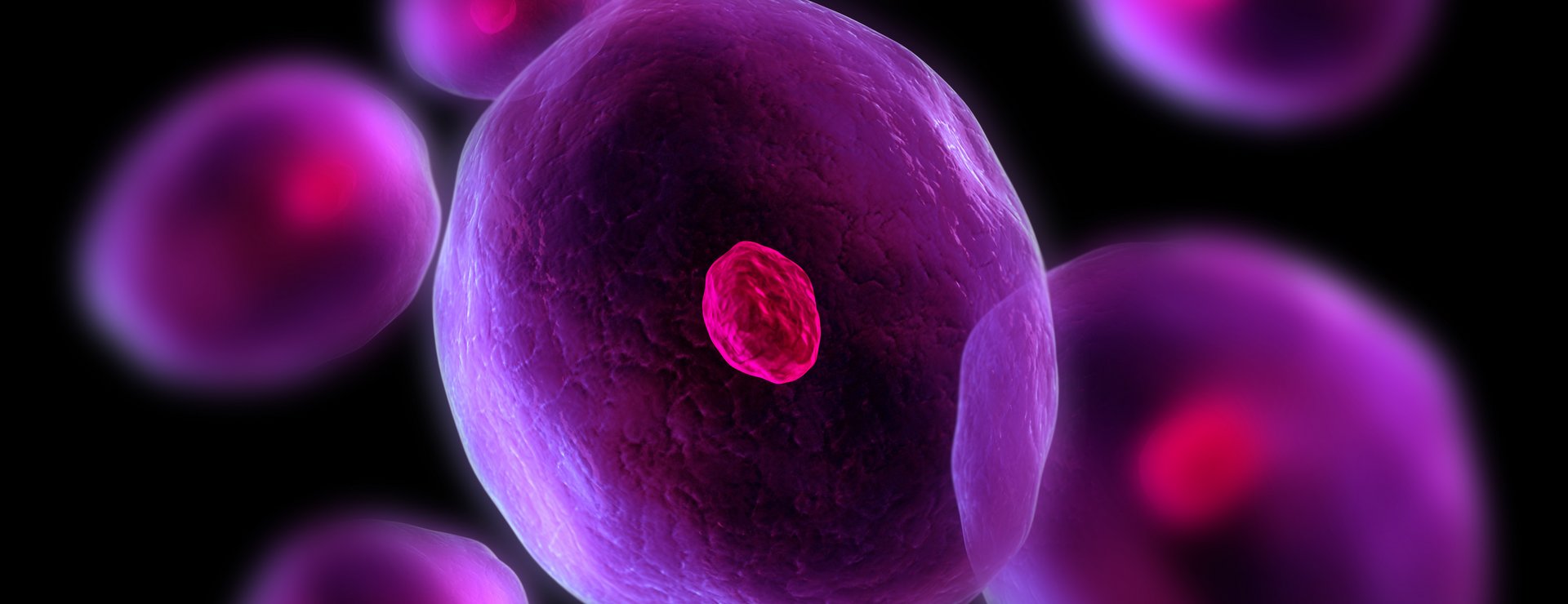
Dr. Silvia Gschwendtner
Head of the Working Group "Human Microbiomes" at the Research Unit Comparative Microbiome Analysis"The human microbiome provides many functions which are essential for our health. A dysbiosis of our microbiome consequently triggers disease. Thus, it is of prime importance to identify keystone microbial taxa which determine the functionality of the microbiome and develop strategies to promote their activity."
"The human microbiome provides many functions which are essential for our health. A dysbiosis of our microbiome consequently triggers disease. Thus, it is of prime importance to identify keystone microbial taxa which determine the functionality of the microbiome and develop strategies to promote their activity."
Academic Pathway
Silvia Gschwendtner holds a diploma in Biology and a PhD in Natural Sciences.
She started her career as Research Fellow at Helmholtz Munich, followed by two years at the Technical University Munich. At that time she strongly focused on the analysis of consequences of the release of transgenic plants for the soil microbiome, including questions of horizontal gene transfer of antibiotic resistance genes. Afterwards, she returned to Helmholtz Munich, focusing her work on the role of microbiomes in different environments and their impact on the development of diseases. Nowadays she is involved in major activities at Helmholtz Munich, where cohorts are used to assess drivers for health and disease. Silvia is responsible for the assessment of microbiomes in these studies.
Silvia has strong background in the molecular analysis of microbiomes using high throughput sequencing approaches: She established several bioinformatics pipelines, which help her to identify core microbiomes and keystone species based on the obtained sample materials.
Work and Expertise
Professional Background
Head of Working Group “Human Microbiomes” at COMI
Research Scientist at COMI
Publications
Read more2024 Scientific Article in Plants People Planet
Shifts in plant functional trait dynamics in relation to soil microbiome in modern and wild barley.
2024 Scientific Article in Applied Microbiology and Biotechnology
Rhizosphere competent inoculants modulate the apple root-associated microbiome and plant phytoalexins.
2024 Scientific Article in Allergy
The impact of high-salt diet on asthma in humans and mice: Effect on specific T-cell signatures and microbiome.
2023 Scientific Article in Geoderma
Fire intensity regulates the short-term postfire response of the microbiome in Arctic tundra soil.
2023 Scientific Article in Respiratory Research
Microbial signatures in amniotic fluid at preterm birth and association with bronchopulmonary dysplasia.
2023 Scientific Article in Functional Ecology
European oak metabolites shape digestion and fitness of the herbivore Tortrix viridana.
2022 Scientific Article in Frontiers in Environmental Science
Microplastics in soil induce a new microbial habitat, with consequences for bulk soil microbiomes.
2022 Scientific Article in Frontiers in Microbiology






